Top 10 Signs Someone is Casing Your House
Burglaries are a major issue all around the world. Criminals frequently case homes before breaking in, in order to choose the best targets and the best time to ... read more...obtain admission. Keeping an eye out for signals that your property has been flagged as a potential burglary target might help reduce the odds of your home being broken into. Here are the telltale symptoms that someone is snooping about your house. Continue reading to learn more.
-
Burglars frequently target many residences at the same time. A burglar doesn't have to look long to figure out which homes have people coming and going, which homes are unoccupied, and which homes have security systems. Of course, not every stranger on your block will be a thief. Strangers traveling up and down the block several times, seemingly for no other reason than to gaze at the houses, is a more suspicious behavior to notice. It's a major red flag if you witness the same stranger doing this discreetly many times.
A burglar may park down the street and then go about the area looking for the perfect house to break into. The suspect will be walking in a relaxed manner as if he or she were just strolling through the area. There will, however, be two major differences.
First, you don’t know this person. Second, every house they pass will be scrutinized by this stranger. Their gaze will first be drawn to the driveway, where they will check to see if there are any cars parked there. The visitor will then examine the house's windows to check if there is any movement. It's likely that you've caught a burglar-casing property if you spot a stranger examining too carefully the residences in the neighborhood.

Unfamiliar people on the street 
Unfamiliar people on the street -
The first thing you'll probably notice is a new car on the road. Most burglars, according to UNC, will arrive at the property in a car. The car will either be the burglar's personal vehicle, a family member's vehicle, or a stolen vehicle. A burglar will only look about a neighborhood on foot in rare cases. If a new car appears on the street, the residents should keep a tight eye on it.
If you spot an unfamiliar car on the street, you should investigate to see if anyone is inside. Typically, if the car belongs to a neighbor's friend or family member, the stranger will not be seen sitting in the car for long periods of time. If there's someone inside the automobile, there's a significant likelihood they're up to anything nefarious. Approaching the automobile and speaking with the person is one of the best things you can do in this case. If the person is a possible burglar, they now know that their face has been seen and that they are being watched. The cops will now have a lead if the suspect tries to break into a house in the vicinity.
If you're not sure whether or not to approach the car, note the license plate location. You will be able to disclose the license location to the authorities if your home is targeted for burglary. You can also call the police and report the suspicious car.
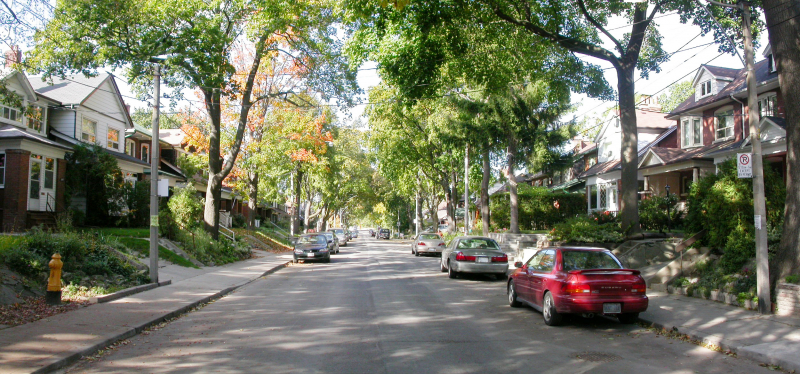
Unfamiliar cars parked on corners 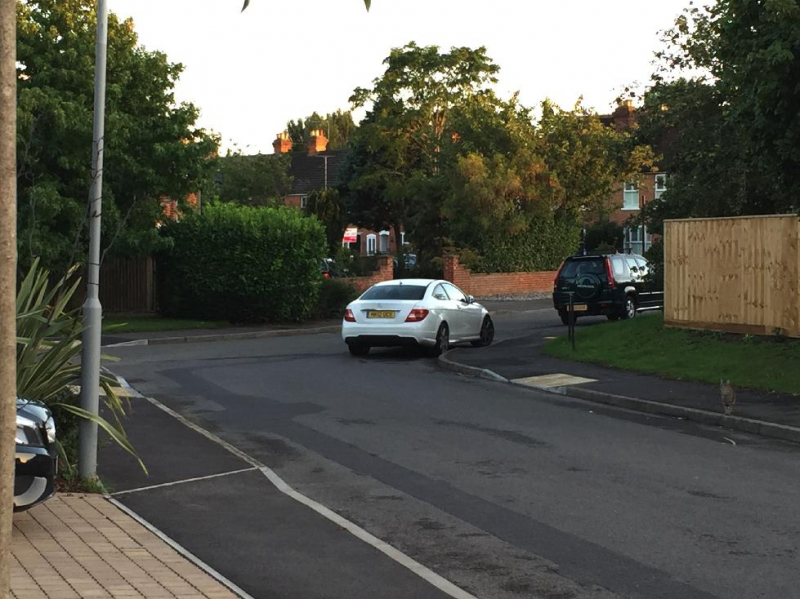
Unfamiliar cars parked on corners -
Flyers are considered a harmless, if slightly bothersome, element of owning a home by the majority of homeowners. The flier will be removed from the door and thrown away by the homeowner. Flyers, on the other hand, can indicate that your home is being watched by a burglar.
In the world of home invasions, flyers serve as indicators. They're utilized for two different things. The first objective is to designate the house to indicate which house would be targeted, as one-third of burglars will not target the house alone. The second goal is to see who can get home first. When a homeowner returns home, the majority of them will take the flier off the door. The discarded flyers then serve as a beacon, indicating to burglars which homeowners are the most recent to return home. If a flyer appears on your door, remove it as soon as possible.
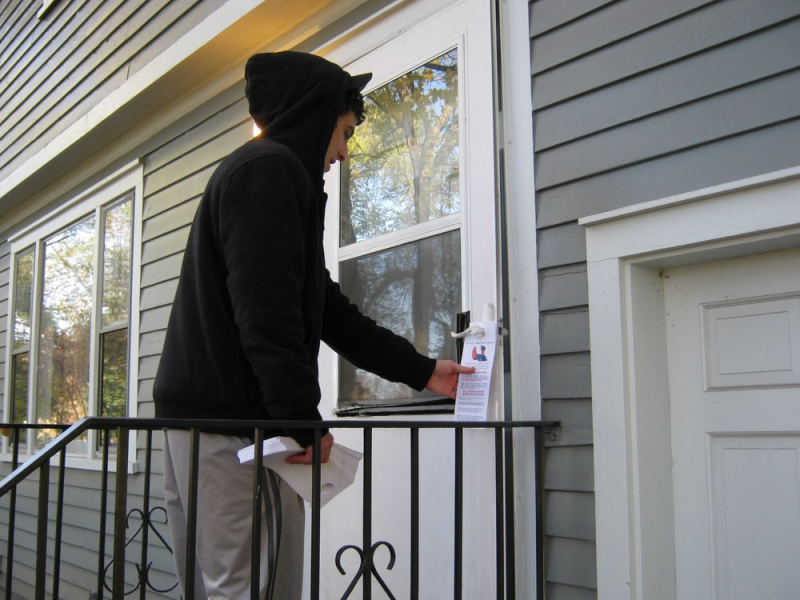
Flyers 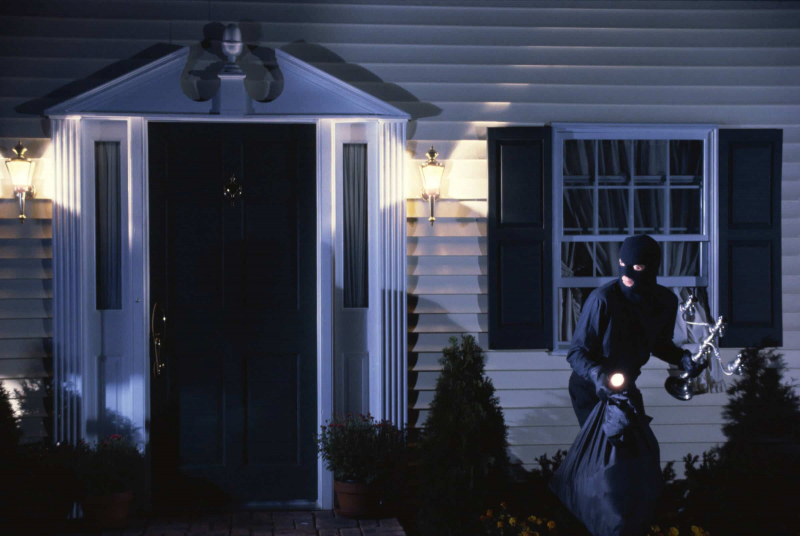
Flyers -
Burglars don't necessarily need to physically visit a house to figure out when it's unoccupied these days. Many people openly share personal information on social media, broadcasting where they are, who they are with, and, by implication, when their home is vacant to the rest of the globe.
Avoid sharing such personal details on social media or other platforms. According to a Special Report by the Bureau of Justice Statistics, at least 65 percent of household burglaries are committed by someone the victim knows. So, statistically, you're more likely to be burgled by a Facebook buddy than by a random stranger!
Keep a lookout for new followers on social media. Any stranger on Twitter, for example, could follow you just to find out when you're not at home. This is especially prevalent over the holidays when burglars anticipate that individuals would be away from their homes for work Christmas parties and other social engagements.

New social media followers 
New social media followers -
Thieves who are very daring will go door-to-door, posing as surveyors. They can canvass a whole neighborhood, gathering critical information about who lives in each house and when they visit. This door-to-door fraud also allows burglars to see what's inside each property. They can view all of your belongings if you have a guard dog and a variety of other details that will help them evaluate whether or not your home is worth breaking into.
People are often willing to share information about their employment and how many people live in their homes, especially if the surveyor is nice and makes it appear as if there is a potential benefit for the homeowner in doing so. Giving out such personal information to strangers should always be done with caution since you never know how they may utilize it.

Surveys 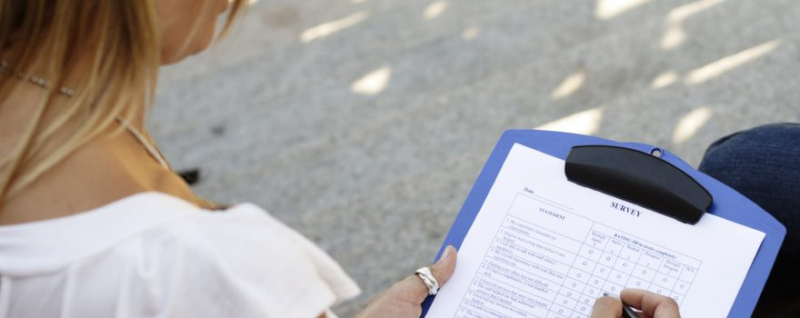
Surveys -
When a stranger begins photographing your home, you should be concerned about a number of things. First and foremost, this is virtually always a warning sign of anything negative. Burglars will photograph the house and show it to their friends. When it's time to break-in, the burglar's buddy can use this information to locate the house. It's also possible that the thief is preparing the house for a future break-in. Take a photo of the individual who is photographing your home, regardless of why.
Criminals use technology on a daily basis to help them carry out their crimes. Taking images of your home allows a burglar to examine any security devices you may have installed, such as security cameras, motion detectors, or alarm signs. This also allows them to examine your windows and other things that may be useful during a home robbery.
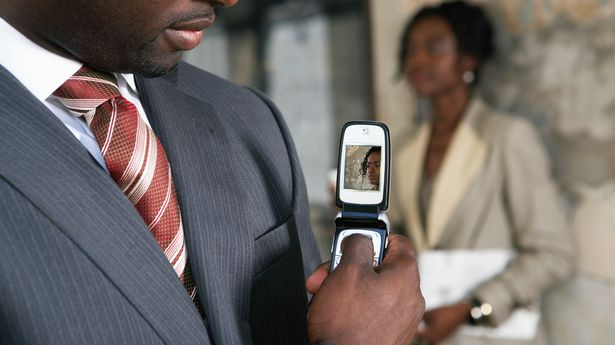
Strangers taking pictures 
Strangers taking pictures -
It's difficult to turn away a visitor who is in need of assistance. It's reasonable to be cautious at first, even if they claim their car has broken down, they urgently need to use the restroom, or they are experiencing a medical emergency. How many individuals nowadays go out without a cellphone? So, why is this person trying to call you on your landline?
If you don't feel comfortable with a stranger entering your home, simply refuse to let them in. Inform them that you can assist them by contacting the police or arranging for a tow truck on their behalf. Someone who has a genuine need will agree right away, whereas a burglar looking to break into your home will not. It's time to call the cops if they become pushy or hostile.

Emergency visitors 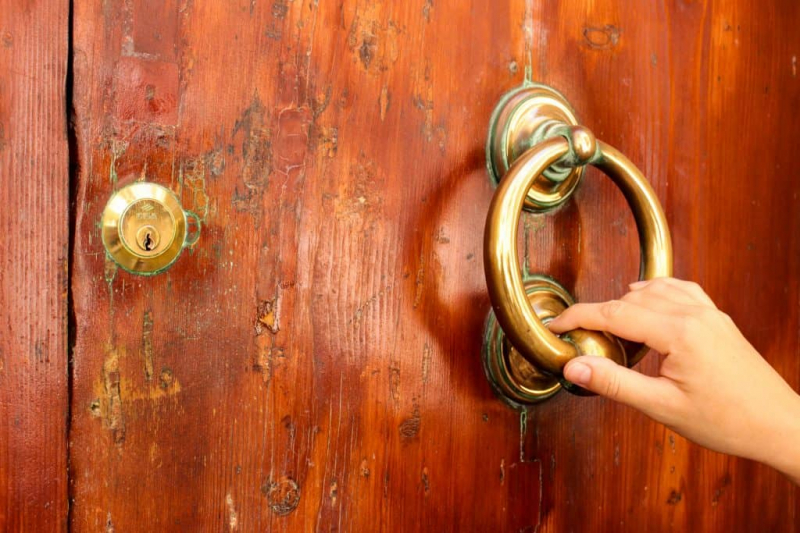
Emergency visitors -
Thieves posing as service professionals may obtain access to a residence. They'll tell you that they need to look at your gas or electric meter, that your internet service needs to be adjusted, or that they need to take a reading inside your house.
If a service person shows up unexpectedly, be polite, ask for their information, and explain that you need to reschedule because the company hasn't alerted you of their coming. You can then contact the company they claim to represent. Of course, if you phone your provider and they don't have any information about the visitor, there's a good possibility the caller was a thief trying to break into your home.
Even real workers can be questionable in some instances. They casing residences throughout their labor and return for your valuables later. Alternatively, they could tell a buddy which residences are the best and whether or not they have security systems. The worker can leave an unlocked window or unusual symbols to indicate which house to target for their accomplices.

Service workers 
Service workers -
A burglar can call your home's landline number to see whether you are at home. If you answer the phone, they will usually hang up right away. If you receive these types of calls on a regular basis, it could indicate that your home is being targeted by a burglar.
If you've got one of these calls, a home security system like Cove can help you relax. Cove offers 24/7 monitoring in addition to a large choice of home security equipment alternatives, and you may have a two-way discussion with live personnel through the system's touch panels as soon as you feel uneasy.

Landline calls that hang up 
Landline calls that hang up -
Criminals may test the response to a burglary by performing little vandalism on the home shortly before the burglary. A rock thrown through a side window may appear to be the work of juvenile vandals, but it could have been thrown to see if your home has a security system and how you react to it. Will the cops arrive quickly? Is it possible that a neighbor will be awakened? Will the window be left open for days?
Exterior lighting is frequently targeted as well. Burglars may unscrew or shatter lightbulbs during the day so that they can plunder your home in the dark when the time comes. Don't disregard these problems if you notice them. They could indicate that a break-in attempt on your home is approaching.
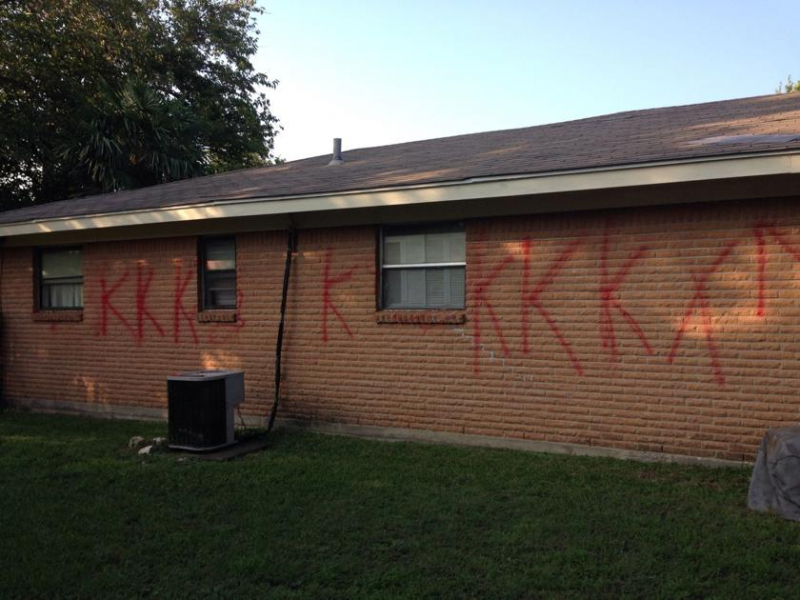
Mild vandalism 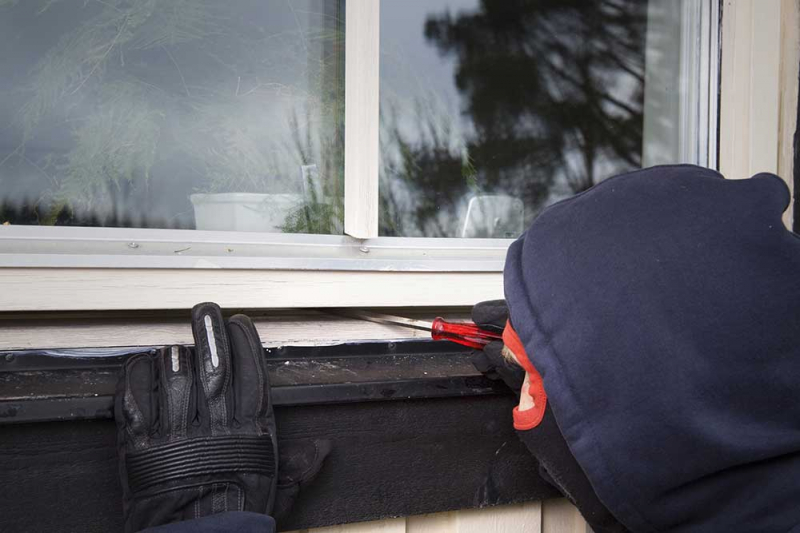
Mild vandalism































